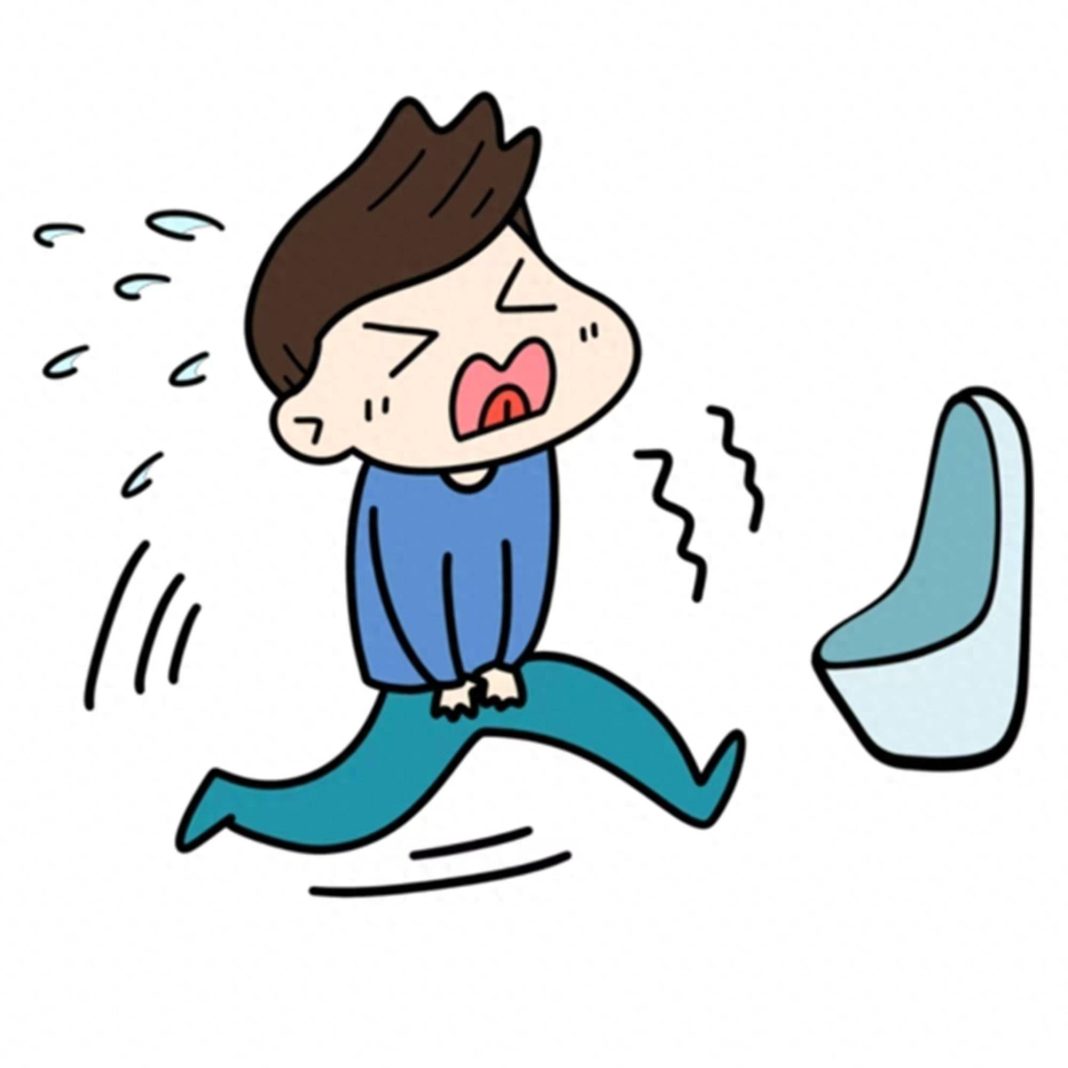Older men often say they can’t sleep well at night and have to get up to use the toilet several times a night, even if they intentionally avoid drinking water before bed. Do you want to know where the problem lies and what to do about it?
This situation is very common in older men. In addition to increased nighttime urination due to poorly controlled basic diseases such as diabetes and hypertension, a common reason is the enlargement of the male-specific organ, the prostate, which can be said to be a natural and normal phenomenon. Why is that?
To understand more about male prostate-related knowledge, you will find out.
The prostate is one of the main reproductive glands in men. It is like an inverted chestnut, with a hard outer shell like chestnut skin, and the urethra passes through the middle of it. The prostate secretes prostatic fluid, which is discharged through the opening on the urethra. A unique characteristic of the prostate is that it continues to grow with age; this happens to all males, and the growth rate accelerates after the age of 60, meaning that prostate enlargement occurs in older men.
However, due to the rigid outer shell of the prostate, which is difficult to expand, the growing prostate is restricted like a foot in a tight shoe, leading to compression of the urethra passing through it, resulting in difficulty urinating, thinning of the urine stream, and even urinary retention issues.
It is easy to understand that difficulty urinating can lead to the accumulation of urine for a long time, continuously irritating the urethra and causing inflammatory reactions. This, in turn, can lead to inflammatory reactions in the prostate through the opening where prostatic fluid is discharged, just like itching where there is inflammation on the skin. The inflammatory reaction continuously stimulates the urethra to induce urination response, but the inability to urinate smoothly leads to a vicious cycle, resulting in the frequent urge to go to the toilet, particularly noticeable during nighttime sleep.
Some may say: if prostate enlargement is inevitable and increased nighttime urination is normal, should we just ignore it?
Of course not. It should be noted that increased nighttime urination due to prostate enlargement is just a symptom, and there may be many underlying issues. For instance, the inability to promptly eliminate a large amount of retained urine in the bladder may lead to bladder inflammation, and the urine can also reflux into the kidneys, causing conditions like hydronephrosis, which should be avoided.
Therefore, when an older man wakes up to urinate more than twice a night, it is important to seek medical advice to confirm if it is caused by prostate enlargement. If so, active intervention and treatment should be taken. Common methods include: medications to slow down further prostate enlargement, enhancing urination dynamics, inhibiting inflammatory reactions, etc. If necessary, partial excision of the enlarged prostate may be required. This not only helps address issues like increased nighttime urination, urination difficulties, and incomplete urination but also prevents bladder and kidney problems and diseases.
Furthermore, in daily life, it is vital to establish good habits to delay prostate enlargement, much like delaying aging. For example, quitting smoking and alcohol, regular exercise, avoiding excessive weight gain, maintaining a regular routine, and avoiding staying up late.
Do you know now? Give a like and share to inform more people. Follow Day-to-Day Health for convenient daily learning of disease prevention and health care knowledge!


